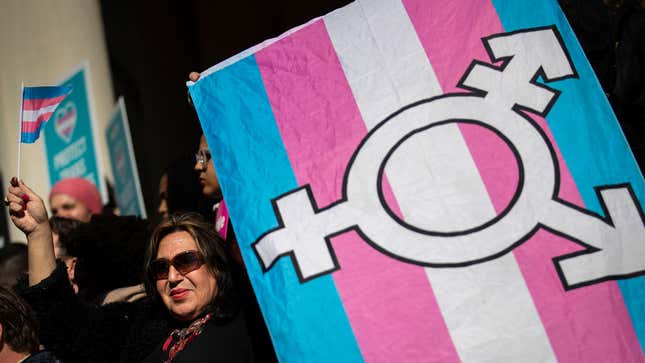In Historic Decision, Supreme Court Rules Against LGBTQ Workplace Discrimination
Latest

In a 6-3 decision, the Supreme Court of the United States has ruled that firing someone because of their sexual orientation or gender identity violates Title VII of the Civil Rights Act of 1964. That act barred an employer from refusing to hire, firing, or discriminating against an individual “because of such individual’s race, color, religion, sex, or national origin.”
While some states had anti-LGBTQ discrimination laws in place, half of them didn’t, and these state-specific laws varied wildly–for example Wisconsin, which banned firing someone on the basis of their sexuality, but not gender orientation (unless they were a state employee). The ruling finds that LGBTQ workplace discrimination is a violation of federal law. The ruling is both a nice thing for Pride month and about damn time.
-

-

-

-

-

-

-

-

-

-

-

-

-

-

-

-

-

-

-

-

-

-

-

-

-

-

-

-

-

-

-

-

-

-

-

-

-

-

-

-








































